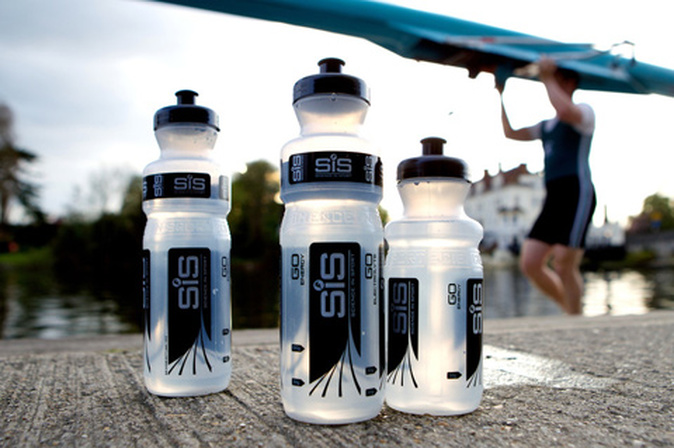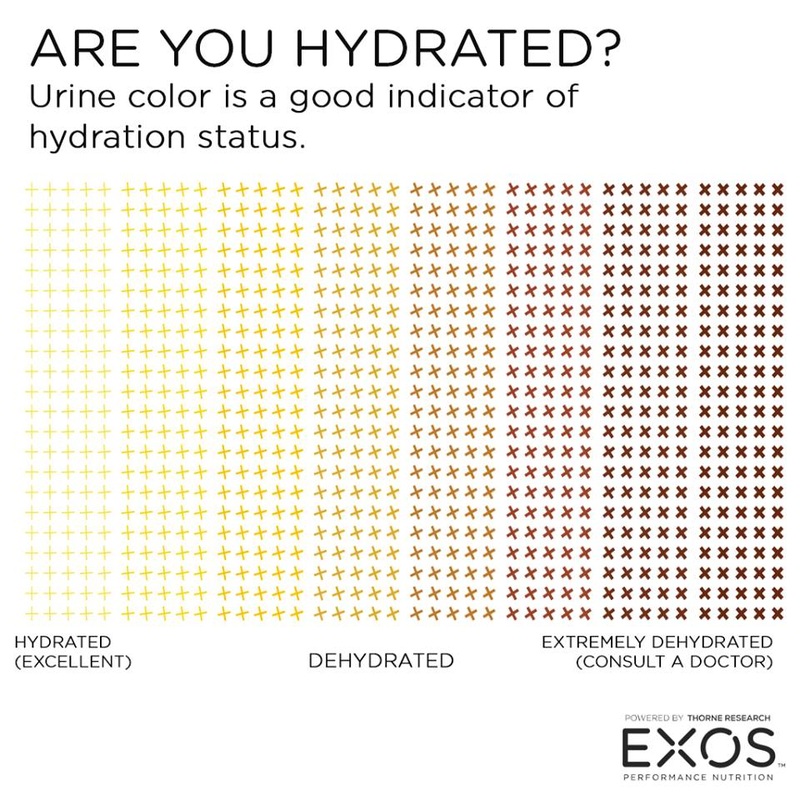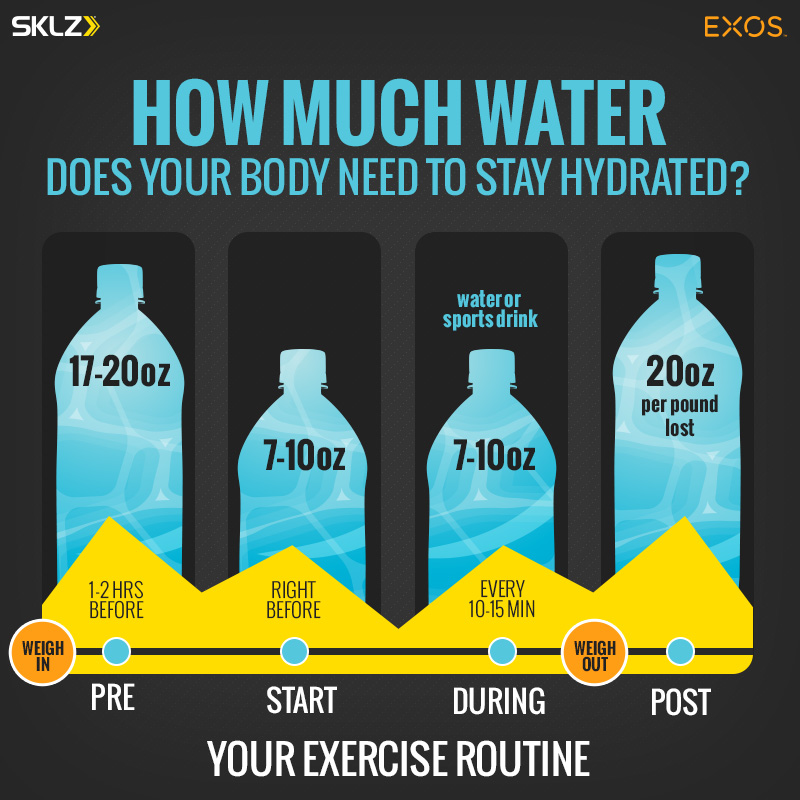|
Hydration is one of the easiest, and cheapest ways to improve performance. This is an area that most rowers, and people in general, can improve upon. Rowers tend to be very surprised when I tell them the amount of water that they should consume each day. They are surprised and shocked at how far off they have been from reaching their goal. I challenge my rowers to try to meet their hydration goals and see if they notice a difference in how they think, feel, move, and perform. I can almost guarantee every rower who tries this will notice a positive change. Effects of Hydration & Dehydration
RecommendationsIt is recommended that rowers consume 50%-100% of their body weight in ounces of water each day. For example, a 150 pound rower should consume between 75oz.-150oz. of water each day. An easy way to meet this goal is by carrying a Nalgene around with you and drinking water continuously throughout the day. Hydration Status A good way to check your hydration status is to take a look at your urine color. The chart below offers a good reference. Most rowers typically fall somewhere in the middle. Exercise Hydration The photo below offers recommendations for before, during, and after exercise. In short, stay hydrated throughout the day and give your rowers a water break every 15 minutes when appropriate. Sweat Loss The recommendation from above does not include sweat lost from rowing, exercise, and/or hot temperatures and humidity. Some rowers sweat more than others, but we all lose water from exercise. It's important to know how much water you lose so that you can replace it. I recommend weighing yourself in before and after practice to see how much sweat you lose. For every pound lost from sweat, aim to consume 20oz. of water ( this is in addition to your daily recommendation). To save time, I like to weigh my rowers in on a hot day and use this information moving forward. You can use that result to make a re-hydration recommendation without having to weigh-in every single day. ElectrolytesRowers do lose electrolytes through exercise and they should be replaced. Hyper-hydration can also be a problem in extreme cases. This is caused by an imbalance between water and electrolytes. To avoid this problem, it is recommended that you consume a sports drink for intense sessions, or sessions lasting longer than 90 minutes. You don't need a lot, and your main beverage should still be water, but, you should supplement your hydration with a sports drink. An easy way to do this is to bring two Nalgene's to practice each day. Fill one bottle with water, and fill the other bottle with an electrolyte powder mixed into water.
6 Comments
Misha Bruton
1/19/2016 01:23:58 pm
GREAT info. and a great reminder for all athletes in all sports. Sometimes keeping it simple is the trick. H2O rocks!
Reply
Tom
3/17/2016 07:14:16 pm
Are there any recommendations about managing hydration pre-race?
Reply
Blake Gourley
3/17/2016 10:56:04 pm
Tom,
Reply
Blake Gourley
1/8/2021 08:52:32 pm
Thanks for reading!
Reply
Leave a Reply. |
Author
Blake Gourley holds a Masters of Science in Sports Performance Training and has over 12+ years of experience working with rowers. Read more Categories
All
Archives
August 2023
|



 RSS Feed
RSS Feed